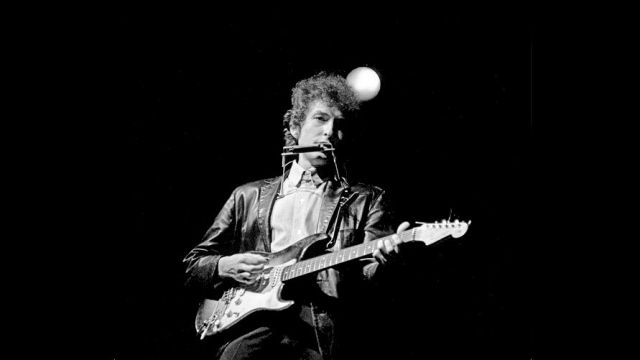Apple Must Let Go of Secrecy Culture for Its Self-Driving Cars to Succeed

Say what you will about the folks at Google and their self-driving car technology, the dedication the company’s shown to transparency has been a breath of fresh air. Road tests have been like an open kitchen of sorts — we’re watching something we’ll soon be able to enjoy being prepared right before our eyes. It’s all very Google.
As a society of consumers, we are strangely fascinated by the mumbo-jumbo that surrounds products, sometimes more than the products themselves. Each brand has an identity; these identities play out like characters in a long-arcing story. We’re delighted by wide ranges of corporate values and how a company’s culture dictates the ways it communicates with the outside world.
Take, for example, Google’s fierce rival in Cupertino: Apple.
Sarah Caspari of CSMreported yesterday that Apple’s own self-driving car technology is just about ready for testing. What else do we know about it? Pretty much nothing, considering Apple hasn’t even confirmed that they’re working on it:
“Apple’s biggest secret may be out: Documents have come to light that strongly suggest the company is ready to test technology for a self-driving car.
‘Project Titan,’ as the operation is reportedly called, is all but confirmed. The Guardianobtained documentation of correspondence between Apple and GoMentum Station, a Silicon Valley naval-base-turned-autonomous-vehicle-testing-facility, in which Apple engineer Frank Fearon inquires about site usage…
…Apple and GoMentum have kept quiet since The Guardian’s publication of the information, but rumors of an Apple self-driving car have been floating around for some time.”
Here we have two very different approaches to what are, as far as we can tell, two theoretically similar products. Google’s self-driving cars are out in the open, in your face, plastered across the Internet. They’re rolling hype machines that attract a ton of attention. This is fitting for a company like Google that values visibility.
But with Apple and Project Titan, hype is being generated through what we don’t know. Whispers. Rumors. Off-the-record talk. After all, this is the company so obsessed with secrecy that they didn’t tell employees that the iPod was launching until the iPod launched. Apple prefers to play its cards close to the chest and the resulting mystery is nectar to brand loyalists.
But as Caspari writes, Apple is going to have to slide out from its comfort zone if it really does intend to enter into the self-driving car market. Drivers are already distrustful of automated vehicles. Google’s radical transparency was engineered in part to counteract the initial resentment many people feel toward the idea that a machine could be trusted with their lives. There’s little doubt that government regulators will make themselves an integral part of the process the closer we get to this sort of technology hitting the market.
And this is where Apple will find itself in an awkward position. It’s difficult to maintain its preferred state of secrecy when multiple eyes from the outside are demanding to be let in.
Caspari’s piece ends with the prediction that Google will be the first of the many self-driving vehicle makers to hit the market, so perhaps Apple won’t have to worry too much about working in the light if other companies are tasked with blazing trails. Until then, it’ll be fascinating to keep an eye on how this notoriously opaque entity plays its self-driving cards.
Read more at CSM.
Below, Jon Iwata of IBM talks about corporate culture and specifically about social media policies:
Photo: MOUNTAIN VIEW, CA – FEBRUARY 02: U.S. Transportation Secretary Anthony Foxx (R) and Google Chairman Eric Schmidt (L) walk around a Google self-driving car at the Google headquarters on February 2, 2015 in Mountain View, California. U.S. Transportation Secretary Anthony Foxx joined Google Chairman Eric Schmidt for a fireside chat where he unveiled Beyond Traffic, a new analysis from the U.S. Department of Transportation that anticipates the trends and choices facing our transportation system over the next three decades. (Photo by Justin Sullivan/Getty Images)





